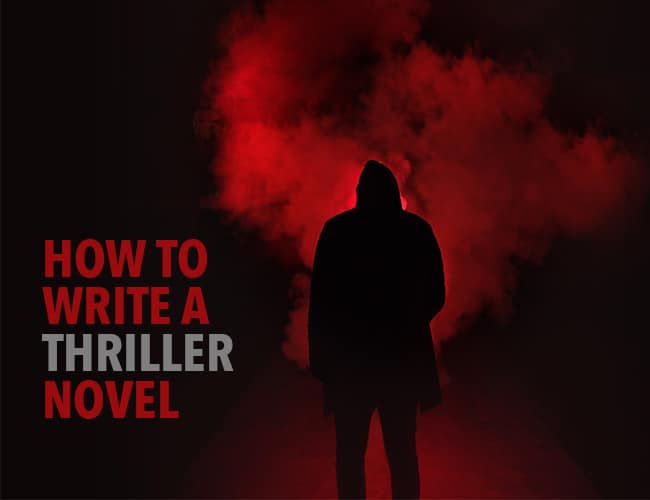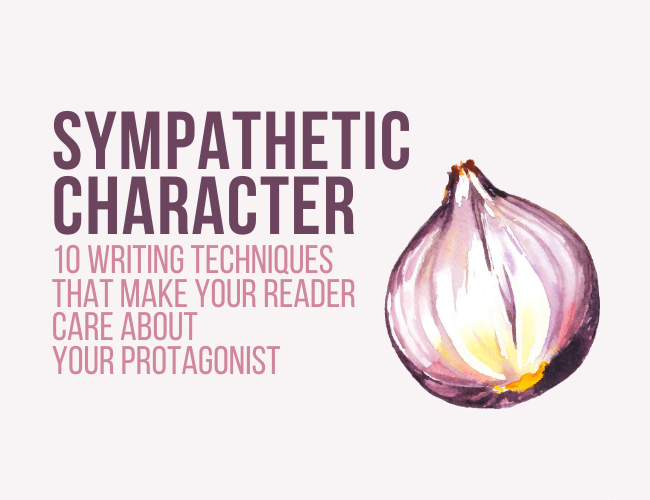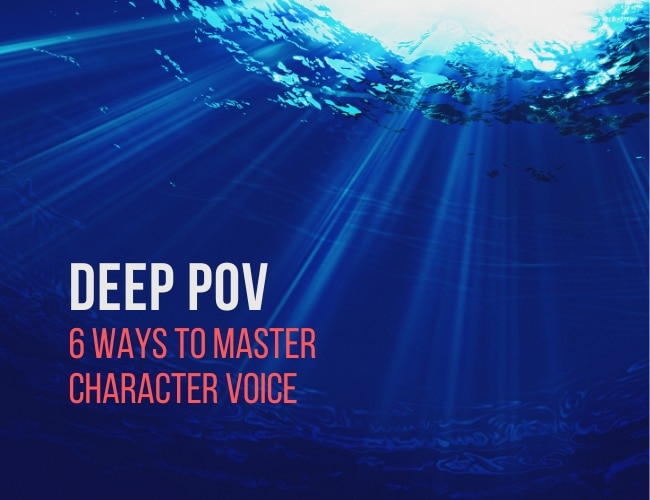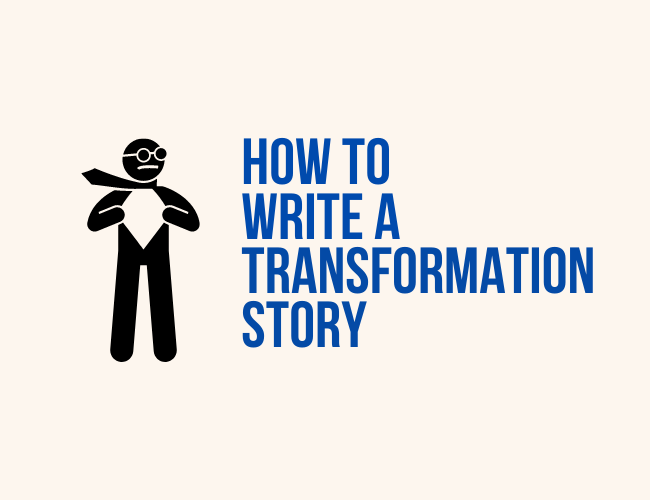
by Joslyn Chase |
A thriller is not just a rollercoaster ride, but like a whole day at a theme park with head-of-the-line privileges. Ride after wild ride with maybe just enough down time to eat a corndog and take a bathroom break. The necessary ingredients for a thriller include conflict, tension, and suspense, all tied up in a nice, twisty package.

by Joslyn Chase |
Recall a time you made an effort to get someone to like you. Did you try to get them to relate to you, or want to spend more time with you? It’s kind of the same way with the main character in your book. Readers finish books when they care about what happens to the protagonist. To accomplish this, you need to craft a sympathetic character.
When you write a book, you’re asking readers to invite your character into their homes, their hangouts, their lives. It’s important to create a protagonist your reader wants to spend time with and that they care about enough to stick around to find out what happens to them.
Without that vital concern, suspense cannot be sustained. And without suspense, the reader will lose interest in your story. I talked about this in depth in my post on suspense.
Today, let’s talk about how to make your readers like—if not love—your characters so that you can sustain suspense in your book.

by Joslyn Chase |
So, you’ve got an intriguing story idea and you’re picturing some of the scenes in your mind, eager to get them down on paper and begin wowing readers. But unless you ground your reader with deep POV, you’ll have a hard time getting them to care or like your book.
There are specific techniques that master writers use to draw readers in and keep them engaged. In this article, I’ll be teaching you about the first and fundamental—absolutely indispensable—technique that pulls readers in and makes them forget they’re reading.
So get out your notebook and prepare to level up your writer’s toolbox. This will be a game changer!

by Joslyn Chase |
As writers, we are always working to make our stories the best they can be. One of the more advanced techniques that can help you do this is by giving an underlying meaning in a scene—otherwise known as subtext.
In a story, subtext can be implied by the surface action and dialogue.
When you think about the books and stories that you most enjoyed reading, chances are that story’s scenes were woven with something deeper than what appeared on the surface.
Today I’d like to teach you seven simple techniques for using subtext in your story, which I’ll also teach with some subtext examples.

by Joslyn Chase |
One of the foremost reasons people read is to experience a character’s arc of change, their transformation, in other words, and transformation stories are among the most powerful and popular in literature and film.
That’s because the human experience is all about change. Each of us is a work in progress—growing, changing our perceptions and how we think—shaping our character.
These stories involve the reader in the course of the character’s change, helping them explore their own potential and desire for transformation, along with the limitations, possibilities, and price attached.







